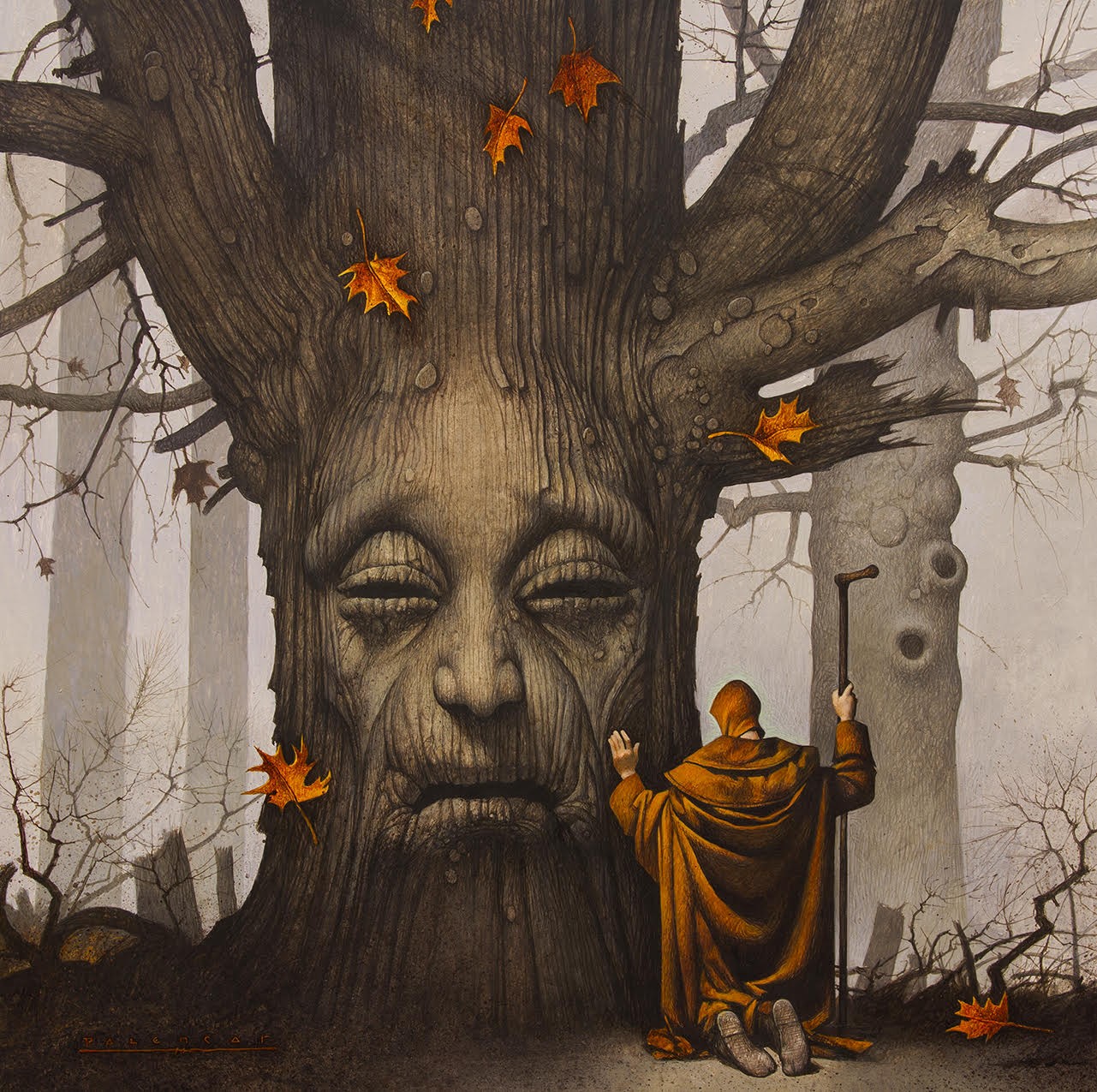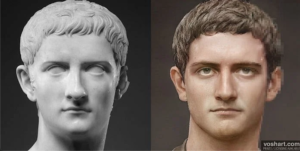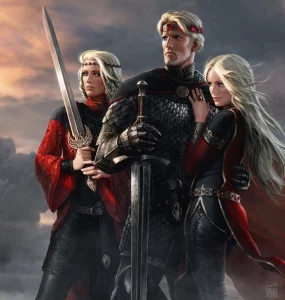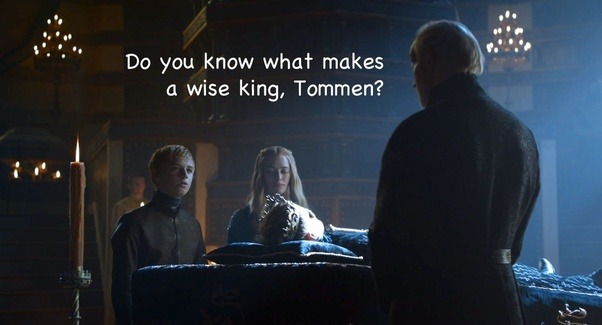This claim of historical Christianity, as indeed of Islam, to be ‘the one true faith’ is a legacy of Judaism, whose tradition serves (in part) as the basis of both religions.
The ancient world—including that of peoples related to the Jews by blood, such as the Canaanites, Amorites, Jebusites, Moabites, Phoenicians and, of course, the Carthaginians—was, as Adolf Hitler wrote in the quote reported above, a world of tolerance. Racine, undoubtedly without realising that he was paying homage to the enemies of the ‘people of God’, underlined this fact when, in the first scene of the third act of Athalie, he put in the mouth of this queen, worshiper of the Gods and Goddesses of Syria, the words she addresses to Joad, High Priest of the Jews:
I know, about my conduct, and against my power,
How far your speeches go in the direction of licentiousness;
Yet you live; your temple stands…
The daughter of Ahab understood by this that if, in her place, the Jews had had the power, it was not they who would have left the sanctuaries of the Baalim standing, nor who would have let their faithful live, let alone their priests. The end of the tragedy—where we see the queen traitorously locked up in the temple of Yahweh, and slaughtered mercilessly by order of Joad—and the whole history of the Jews as reported in the Old Testament, confirms her clairvoyance.
What does the Holy Bible say to the Jews about this? ‘When the Lord your God brings you into the land which you are to inherit, and drives out before you many peoples—the Hittites the Jerjessites, the Amorites the Canaanites, the Perizzites the Hévites and the Jebusites, seven peoples, more important and stronger than you—and when He delivers them into your hands, you must crush them and destroy them with violence; not make treaties with them, nor show them pity; you must not unite with them. Nor shall you give your daughters to their sons, nor shall you take their daughters as wives for your sons, for they will turn away from me and worship other gods’… ‘This is how you should deal with these peoples: you will overthrow their altars and smash their statues; and you shall cut down their sacred groves, and burn their carved images with fire, for you are the holy people in the sight of the Lord your God. He has chosen you, that you may be the chosen people among all the peoples of the earth’.[1]
And once after a conquest that surpassed (by far!) in atrocities those led by other peoples, both in antiquity and closer to us, the Jews finally established themselves in Palestine. Once there were two more or less stable Jewish kingdoms: one in Judea, the other in the north of the country. The Jewish Scripture became ‘holy’ Scripture in the eyes of so many people, for the only reason that their religion is based on the tradition and history of Israel. And how does this Scripture characterise each of the kings who succeed their father on the throne of Jerusalem or Samaria?
Oh, it’s very simple! It declares the king was ‘good’ or ‘bad’ without nuances of judgment, and even without reference to his political behaviour. ‘Good’, if he worshipped Yahweh, the god of the Jews, never bowing his forehead to other deities. Even if he persecuted the faithful of all cults other than his own; if he razed the sacred woods of the ‘false’ Gods, destroyed their images, prohibited the celebration of their mysteries and killed their priests.[2] ‘Bad’ if, on the contrary, the king showed a spirit of benevolent tolerance, and especially if he himself sacrificed to the Baalim or to the Mother Goddesses, according to the custom of the peoples whom the Jews had driven out before them, from the thirteenth to the eleventh century BC, during the conquest of the promised land.
The alternation of ‘good’ and ‘bad’ kings is impressive in its monotony. Every story of a reign begins in the same way, with the same phrases, depending on whether Scripture praises or blames the king. ‘And he did that which was right in the sight of the Lord, and followed in the footsteps of his ancestor David. He suppressed the worship of Baal in the high places, and smashed the statues and cut down the sacred trees’.[3]
This is Hezekiah, son of Ahaz, king of Judea, but it could just as well be any ‘good’ king, as the Jewish Scripture understands that word. And this is the description of the reign of Manasseh, the son and successor of Hezekiah, who was twelve years old when he came to the throne, and who ruled Judea for fifty-five years.
‘He did that which was evil in the sight of the Lord, and followed the abominations of the peoples whom the Lord had cast out before the children of Israel. He restored the high places which his father, Hezekiah, had laid waste, and raised altars to Baal, and planted a sacred tree, as had done Ahab king of Israel; and he bowed his knee before all the host of heavenly bodies, and worshipped them’.[4] It is identical to all the early accounts of ‘bad’ reigns found in the Old Testament—‘bad’ simply because tolerance was practised there, according to the spirit of all people of antiquity.

Editor’s Note: I doubt anyone understood my initiative to have added so many entries about Game of Thrones on this site. Since almost no one in white nationalism is interested in, say, the books of the old Aryan religions that Arthur Kemp is re-editing, my idea was to use a popular television series for the normie to take his first baby steps towards the other side of the river through George R.R. Martin’s imagery. In Martin’s universe, the fanatical invaders who brought their new religion to Westeros destroyed the Weirwood trees south of the Wall with the same fanaticism as Hebrews and Christians did in real history. Savitri continues:
It should be noted that the mass of ancient Jews in no way seems by nature to have had that intolerance that has played such a far-reaching role in the history of Israel. The ‘average Jew’ before, and perhaps even more so after, the conquest of Palestine, tended to regard all the Gods of the neighbouring peoples as ‘gods’. The similarities of these deities to their own Yahweh, their god, held much more attention, apparently, than the differences which separated them. And it took all the curses of the prophets and all the severity (often bordering on cruelty) of ‘good’ kings, to prevent them from occasionally offering sacrifices to these foreign gods.
It was Moses, the prophets, and some of the Jewish kings—such as David, or Hezekiah—who, by marking it with the sign of religious intolerance, cut off Israel from the community of the peoples of the desert—from the ‘Semitic’ peoples, as they are called—and who, by cultivating at home the myth of the ‘chosen people’, indissolubly linked to the worship of the ‘jealous god’, prepared them for the unique role that, from the fourth century, Christ played in the world.
It is they who are, in the final analysis, responsible for all the violence committed over the centuries, in the name of the exclusive ‘truth’ of the religions of Judaism, in particular, of all the atrocities perpetrated in the name of Christianity, from the dreadful murder of Hypatia in the year 415, to the massacre of four thousand five hundred Germanic chiefs faithful to the Paganism of their race, in Verden, in the year 782, and to the stakes of medieval Europe and conquered America.
_____________
[1] Deuteronomy, Chapter 7, Verses 1 to 7.
[2] See at the end of Chapter 12 of the Second Book of Samuel, the treatment inflicted by the ‘good’ King David on the prisoners after the capture of the city of Rabbah, capital of the Ammonites.
[3] The Bible, Kings II, Chapter 18, verses 3 and following.
[4] The Bible, Kings II, Chapter 21, verses 2 and following.











